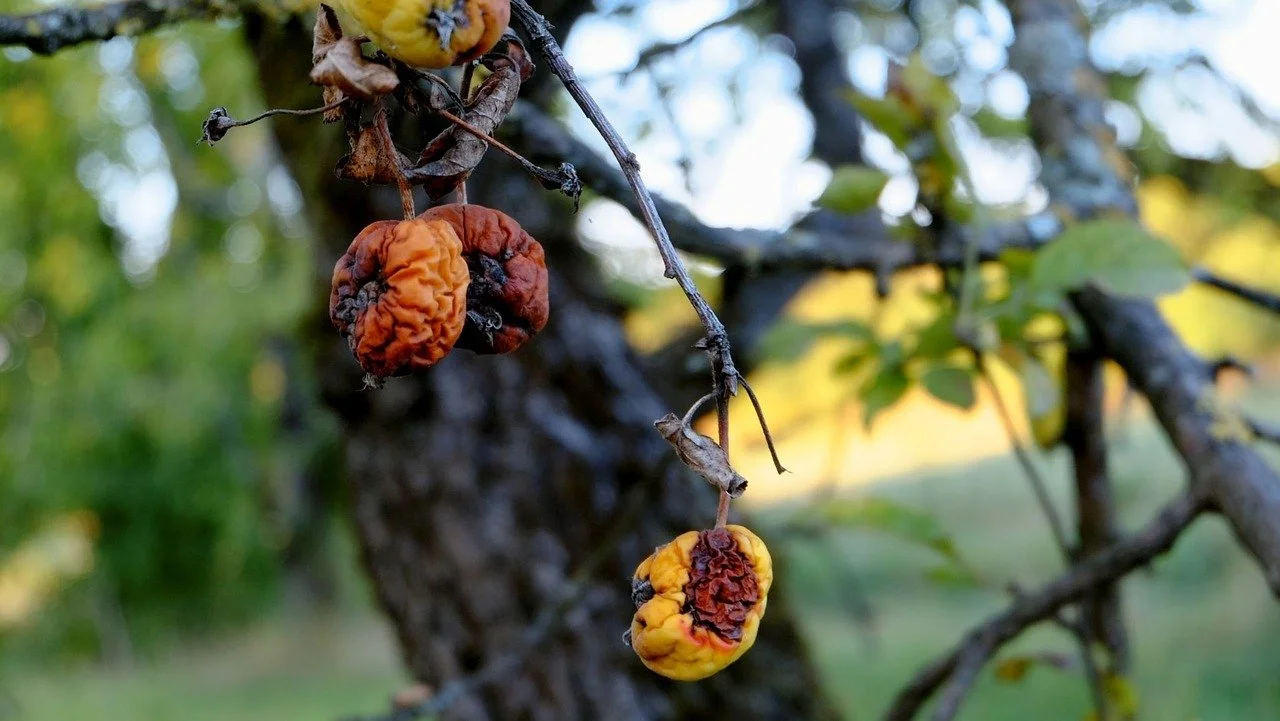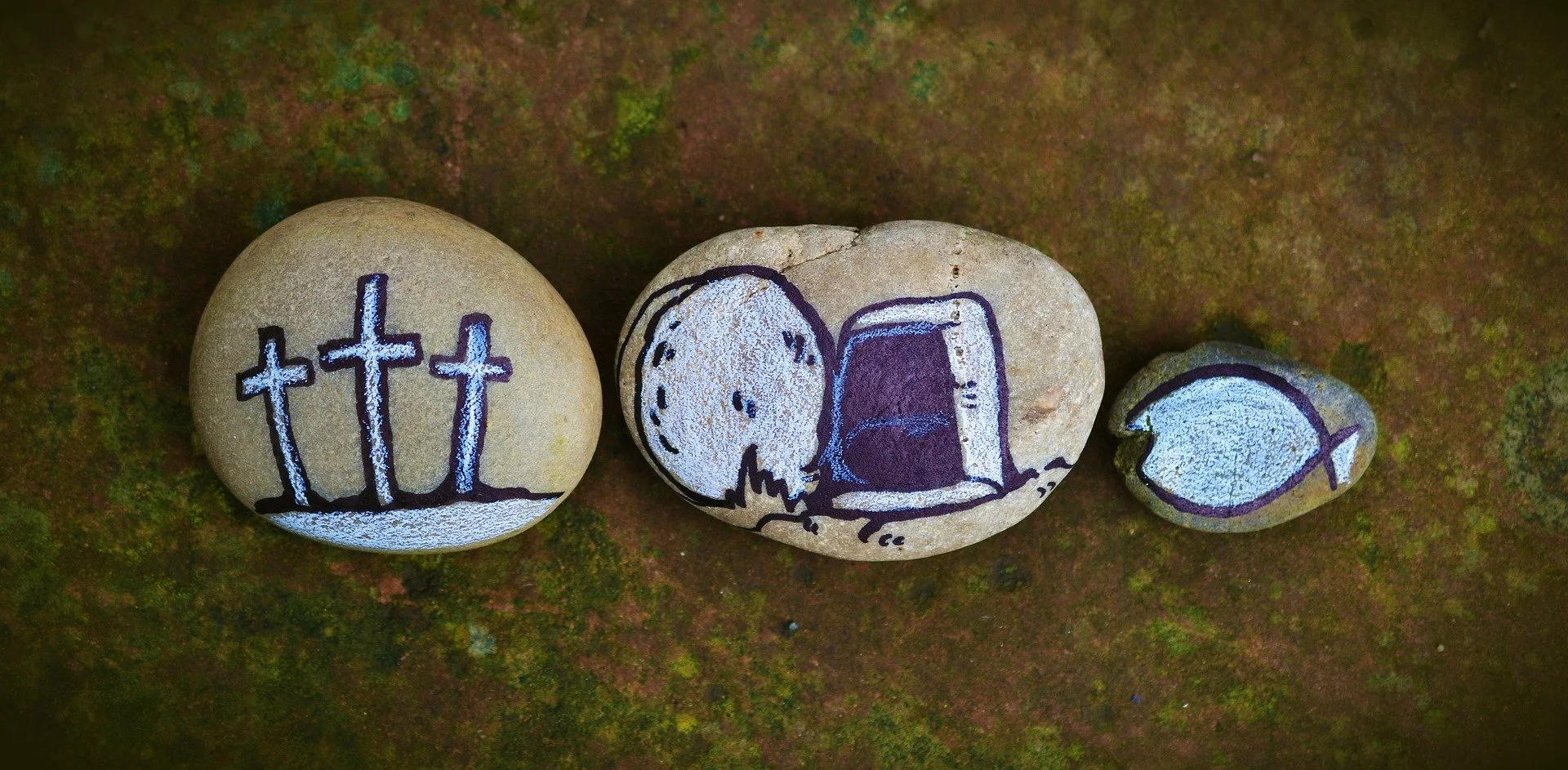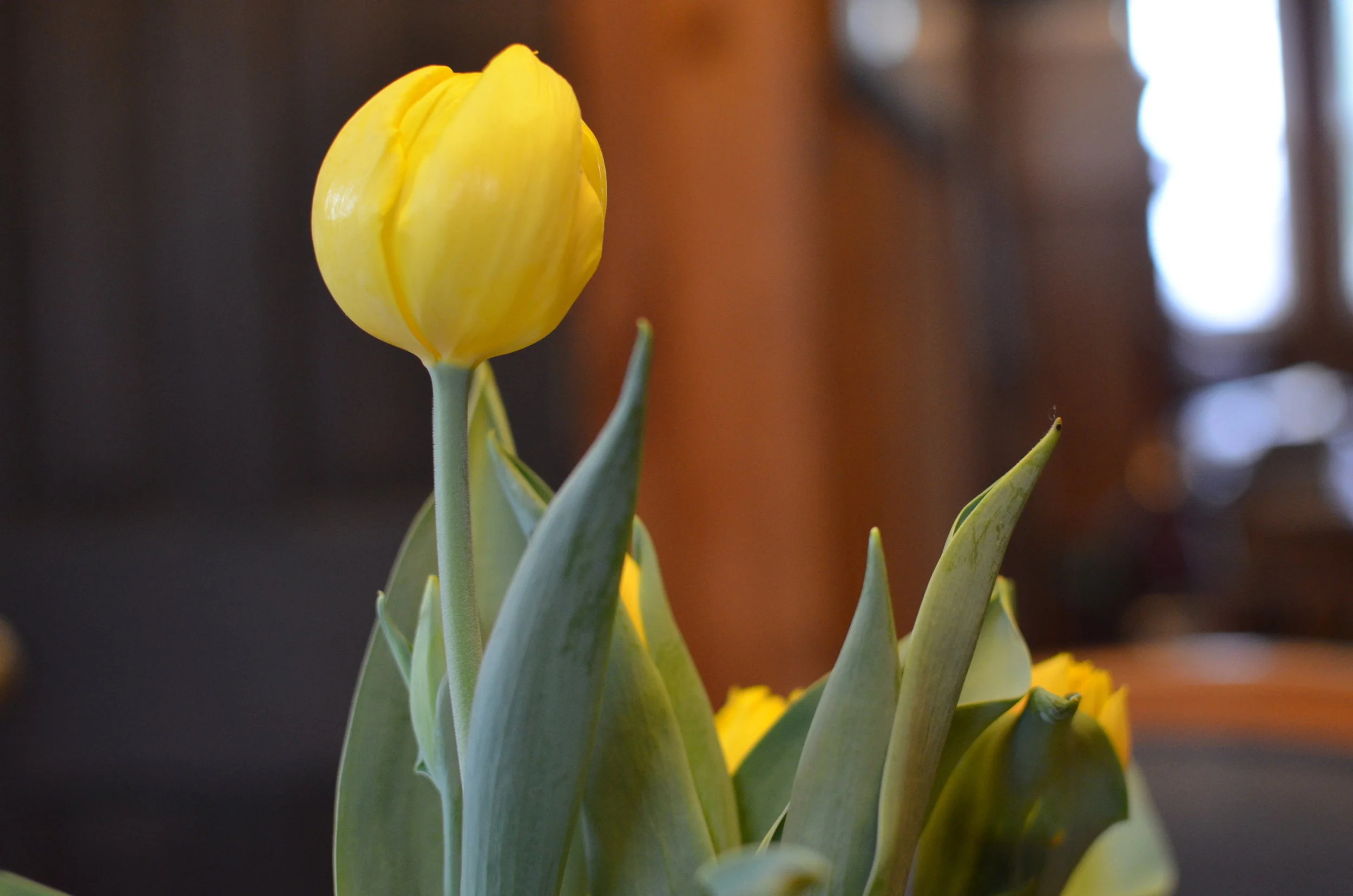Word for the Year: Trust
Here we are, barreling through another January. A new year has begun and time continues to fly. As I was mulling over the idea of doing another Word of the Year, I had several in mind including a return to believe, or a look at hope. As a friend and I were discussing after our Saturday morning Zoom Bible study the words believe and trust came up. Both words are rich and full of meaning and depth, especially when taken in the context of the Holy Scriptures and our relationship with Christ.
Image by Lisa Caroselli from Pixabay
The word believe is defined: to accept something as true, genuine or real; to have a firm, wholehearted religious conviction or persuasion that the existence of God is true; to have a firm conviction as to the goodness, efficacy or ability of something.
The word trust is defined: the assured reliance on the character, ability, strength or truth of someone or something; dependence on something future or contingent - hope; to rely on the truthfulness or accuracy of - believe; to place confidence in - rely; to hope or expect confidently.
Both of these words have similar tones and you honestly can’t have trust without belief, nor can you experience true, life changing belief without trust. We can see this idea in the the story of the man who brings his demon possessed son to Jesus for healing. I did a more in depth look at this passage in 2022 when I chose believe as my word for the year.
“20 They brought the boy to Him. When he saw Him, immediately the spirit threw him into a convulsion, and falling to the ground, he began rolling around and foaming at the mouth.
21 And He asked his father, “How long has this been happening to him?” And he said, “From childhood.
22 It has often thrown him both into the fire and into the water to destroy him. But if You can do anything, take pity on us and help us!”
23 And Jesus said to him, “‘If You can?’ All things are possible to him who believes.”
24 Immediately the boy’s father cried out and said, “I do believe; help my unbelief.””
Image by Artur Skoniecki from Pixabay
This man took an actionable step from belief to trust. He recognized he did not have enough belief to go from “…if you can do anything…” to “Of course you can heal him! You are the Son of God.” (My own idea of what he might have said if he already placed his complete trust in Jesus.) He placed his trust in Christ when he exposed his vulnerability by saying, “help my unbelief."
This idea of trust is not easy. It is a step that takes us from a place of alleged safety to a place of exposure. Take for instance an individual going to a counselor seeking help for a mental health problem. Perhaps they are struggling with depression or anxiety. In order to take this action step they first need to see they have a problem that requires help. After they make that discovery they must call a therapist or psychiatrist. It might be that they ask friends and co-workers for the name of someone these people deem trustworthy. They make the call, setting up the appointment, then with some additional amount of fear they go to their first appointment.
When they are sitting in the therapist’s office they must answer this question: “Am I going to trust this person enough to really open up to them? Am I going to expose my inner most fears and struggles? Am I going to let them peek into my inner closet where all the skeletons and, perhaps demons, hang?” It is only by choosing to trust the professional with their struggles that the individual is going to make progress towards being mentally healthy and whole.
The same idea is true in our relationship with Christ. We come to Him by believing, but what makes our belief different than that of the fallen angels?
“18 But someone may well say, “You have faith and I have works; show me your faith without the works, and I will show you my faith by my works.”
19 You believe that God is one. You do well; the demons also believe, and shudder.
20 But are you willing to recognize, you foolish fellow, that faith without works is useless? ”
Our belief is a choice to open up to a mighty God and the first thing we must do is admit we have a problem. We are sinners. We are of the lineage of Adam and Eve and their sin became our sin. The only healing for this problem is to place ourselves in the hands of a pure and holy God. We come to Him hoping for His mercy, love and forgiveness and He freely gives it to us. This is the beginning of a life of trust.
Over the next twelve months we will look at the word trust and how a lack of it leads to a life of worry and fear, whereas a life of abandoning all to Him will free us up to know joy unspeakable. I hope you will join me.




































